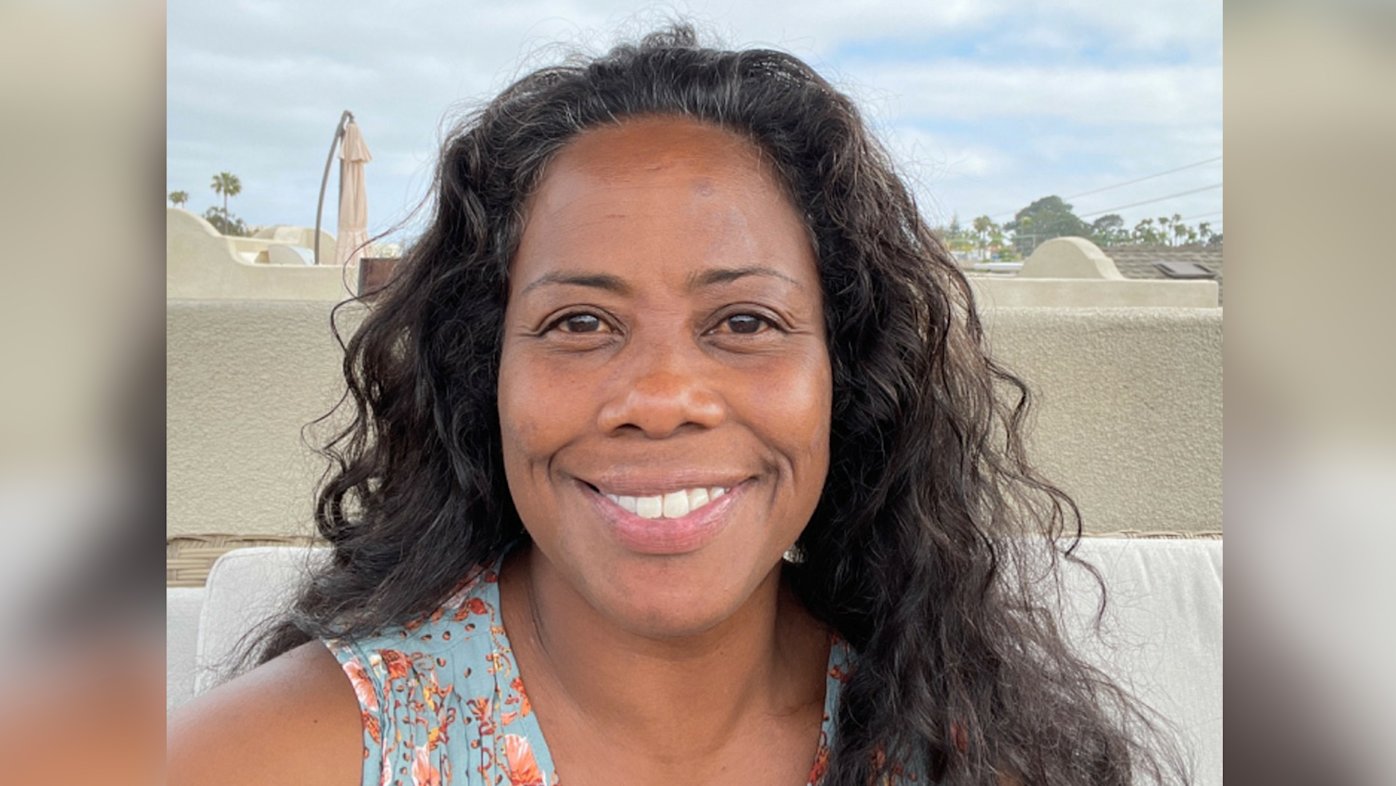
The Facebook post that saved a life
Teresita Brooke posted on Facebook about needing a kidney and received a life-changing response.
The Centers for Disease Control and Prevention (CDC) has a new COVID-19 variant in its sight: JN.1. As of late December, the variant was responsible for more than 40% of new COVID cases in the U.S.
According to the CDC, test positivity and COVID-related emergency department visits, hospitalizations and deaths are all growing due to the spread of JN.1 as well as other Omicron variants. And the presence of COVID in wastewater, or sewage, is rated “very high.”
What’s more, flu and respiratory syncytial virus (RSV) activity has also increased, leading to thousands of hospitalizations due to the three respiratory illnesses. In the final month of 2023, hospitalizations among all age groups increased by 200% for flu, 51% for COVID-19 and 60% for RSV.
"We’re waiting to see what happens in the coming weeks," says Dr. Kaveh Bahmanpour, a board-certified family medicine and geriatric medicine doctor with Sharp Community Medical Group. "Hopefully, this season of respiratory illnesses is not going to be as bad as prior years.”
Why are respiratory illnesses surging?
Along with regular patterns — such as the increased spread of illness after the holidays, when people gather and travel — experts believe the rise may be due to low vaccination rates, especially when it comes to the updated COVID shot.
To prevent illness and the spread of COVID, flu and RSV, Dr. Bahmanpour recommends:
Everyone age 6 months and older gets an updated COVID vaccine. The updated vaccines, the Food and Drug Administration reports, were formulated “to more closely target currently circulating variants and to provide better protection against serious consequences of COVID-19, including hospitalization and death.”
Everyone age 6 months and older gets a flu vaccine (with rare exceptions). This is especially true for people at high risk of serious complications from flu, such as adults 65 and over, those with chronic health conditions, very young children and pregnant women.
Newborns and infants born during or before their first RSV season receive Beyfortus, an immunization to prevent RSV; pregnant people receive the Abryso RSV vaccine so that their body produces antibodies against RSV, which are then transferred through the placenta to their fetus; and adults age 60 and older talk with their health care provider about whether RSV vaccination is right for them.
Additional ways to prevent the spread of respiratory illnesses include:
Practicing good hand hygiene by regularly washing hands with soap and water, or using an alcohol-based hand sanitizer
Improving ventilation in stuffy, indoor locations
Avoiding contact with people who have suspected or confirmed illness
People ages 2 and older wearing a face mask in crowded indoor locations, such as when traveling
Following the recommendations for what to do if exposed to someone with COVID-19, which include masking, testing and monitoring symptoms
Following recommendations for isolation when sick with suspected or confirmed COVID-19 or another illness
Talk with your doctor about your risk of severe respiratory illness and the vaccines that can protect you. “If not for yourself, then consider getting vaccinated for your loved ones around you, especially those at greater risk,” Dr. Bahmanpour says.
COVID, flu and RSV can cause serious illness in some people. If you or another are ill and experiencing trouble breathing, chest pain, confusion or trouble staying awake, go to the emergency room or call 911 immediately.
Learn more about family medicine; get the latest health and wellness news, trends and patient stories from Sharp Health News; and subscribe to our weekly newsletter by clicking the "Sign up" link below.
Our weekly email brings you the latest health tips, recipes and stories.